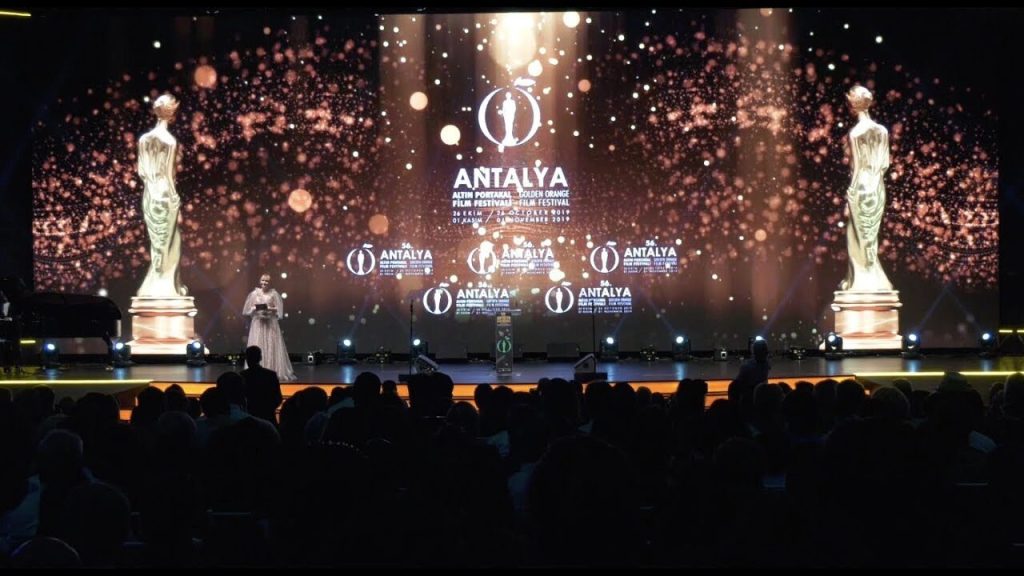A municipality in southern Turkey on Friday canceled a 60-year-old film festival after a controversy over the removal of a documentary depicting the plight of victims of a post-coup purge in Turkey.
“I regret to inform filmgoers that we have canceled this year’s Antalya Golden Orange Film Festival scheduled for Oct. 7-14 due to events beyond our control,” Antalya Mayor Muhittin Böcek said in a post on X.
Last week, the festival’s organizing committee decided to remove the documentary, titled “Kanun Hükmü” (With the Force of Law), which focuses on the hardships faced by the victims of a massive purge of state institutions by the Turkish government in the aftermath of a failed coup in 2016, drawing strong criticism from victims and activists.
The authorities then reinstated the film after the producers and directors of 27 films announced their withdrawal from the festival in reaction to the decision to remove “Kanun Hükmü.”
Turkey’s Culture and Tourism Ministry on Thursday stated that it had withdrawn its support for Golden Orange after the organizing committee reversed its decision to remove the documentary, accusing the organizers of allowing “terrorist propaganda.”
The festival’s sponsors also pulled their support in line with the ministry.
On Thursday the committee again decided to cut the documentary from the festival in response to the ministry’s move.
The city on Friday canceled the entire festival.
The Golden Orange Film Festival is organized by the Antalya Metropolitan Municipality, which is run by the main opposition Republican People’s Party (CHP), and the Antalya Culture and Arts Foundation.
Directed by Nejla Demirci, the documentary focuses on the challenges faced by Yasemin, a doctor, and Engin, a teacher, who lost their civil service jobs under post-coup emergency decrees, known as KHKs, issued by the Justice and Development Party (AKP) government.
The documentary was already the subject of a ruling last year by the Constitutional Court, which found that the local authorities’ ban on filming violated freedom of expression and awarded Demirci 13,500 Turkish lira in compensation.

